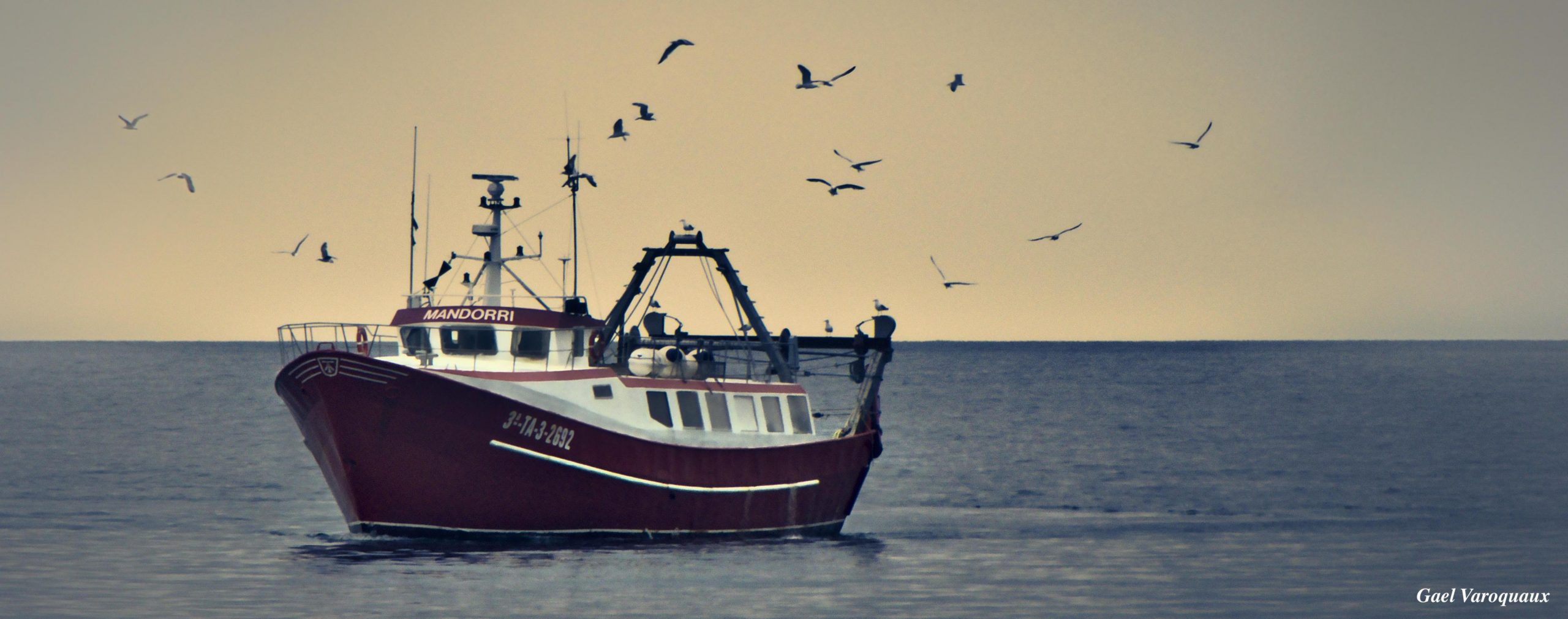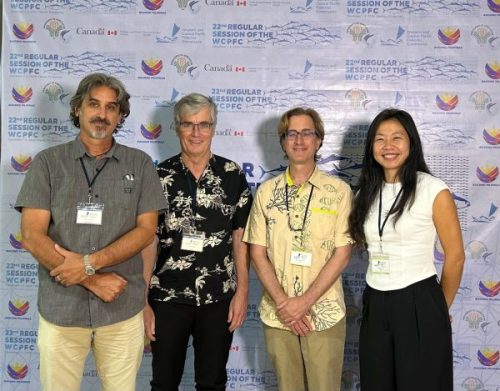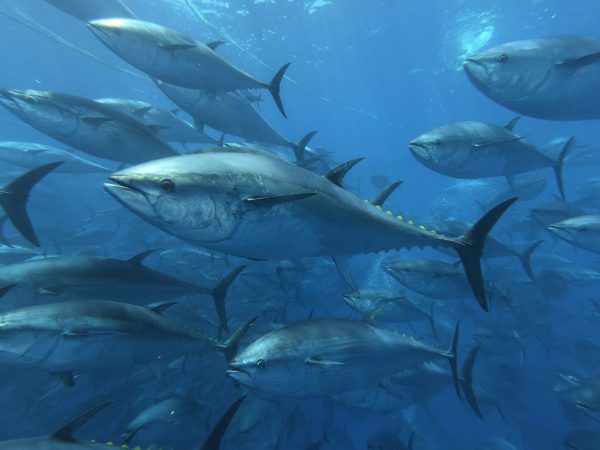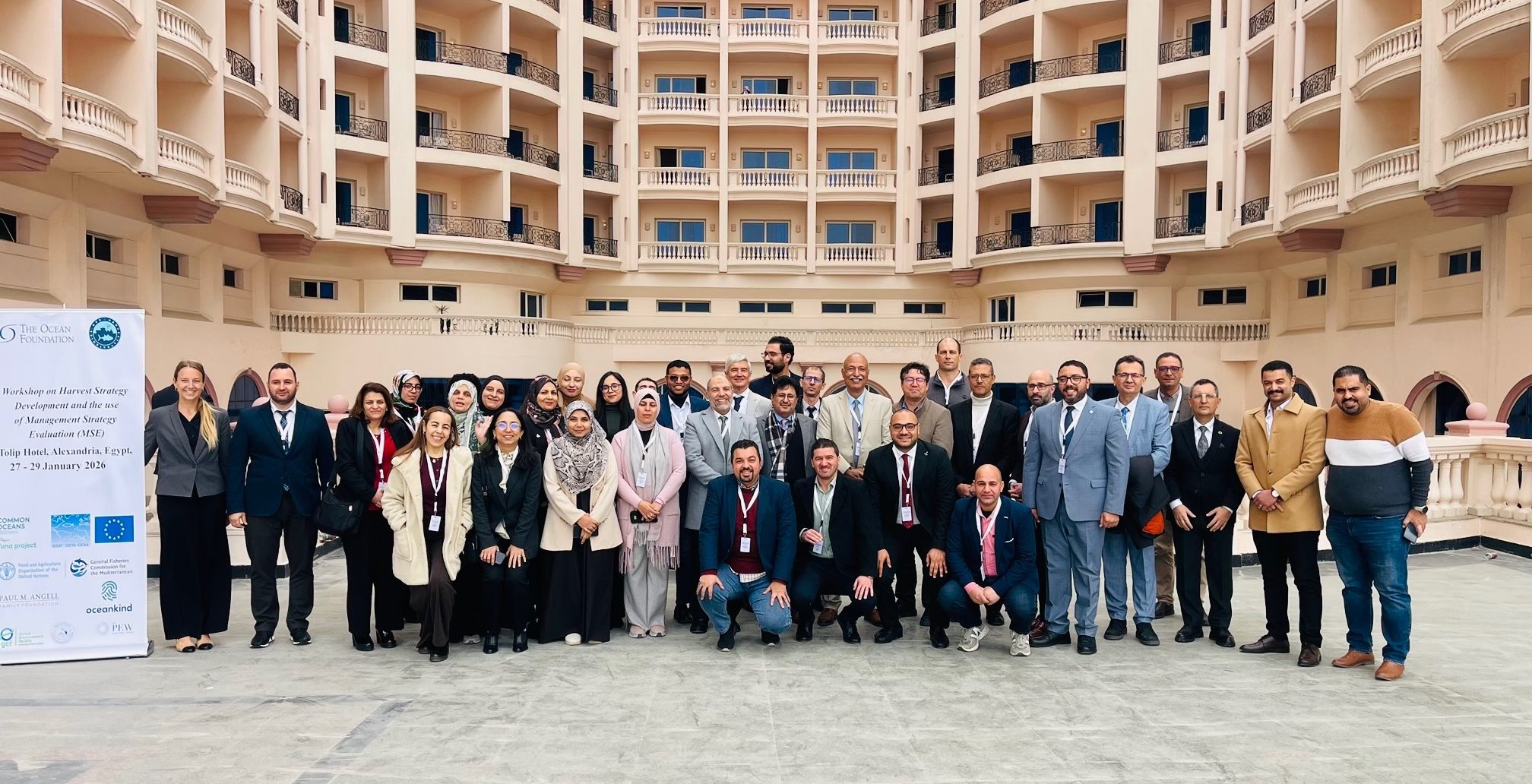
Reference points are benchmarks used to compare the current status of a fishery management system against a desirable (or undesirable) state. When matched to the management objectives for a fishery, they can be used to assess progress toward meeting those objectives.
Generally, TRPs and LRPs are divided into two categories: fishing mortality-based (F-based) and biomass-based (B-based). One key question that managers face is whether to use F-based and/or B-based reference points when setting targets and limits. Oftentimes, the answer is to use both because each has its pros and cons, as is further clarified below.
.
VS.
FACTSHEET: Reference Points; Language Options: Español 🇪🇸 • Français 🇫🇷 • 日本 🇯🇵 • ไทย 🇹🇭
We're co-hosting a regional fisheries workshop in Egypt this week, bringing together GFCM & ICCAT managers and scientists. The focus: harvest strategies and management strategy evaluation.
More on the workshop: https://tinyurl.com/3bu6ftx4

February 19, 2026

February 17, 2026

February 11, 2026
HarvestStrategies.org serves as a resource for fisheries scientists, managers, and other stakeholders, compiling information about how harvest strategies work and how implementing this pioneering management approach can lead to sustainable, profitable fisheries and successful recovery programs for many species around the world. The site is managed by The Ocean Foundation’s International Fisheries Conservation Project with support from The Pew Charitable Trusts and the Common Oceans Tuna Fisheries Project, which is funded by GEF and implemented by FAO.
| Status | Description |
|---|---|
| This item has been adopted | |
| This item is in development | |
| This item is behind / stalled | |
| This item has not been started yet |